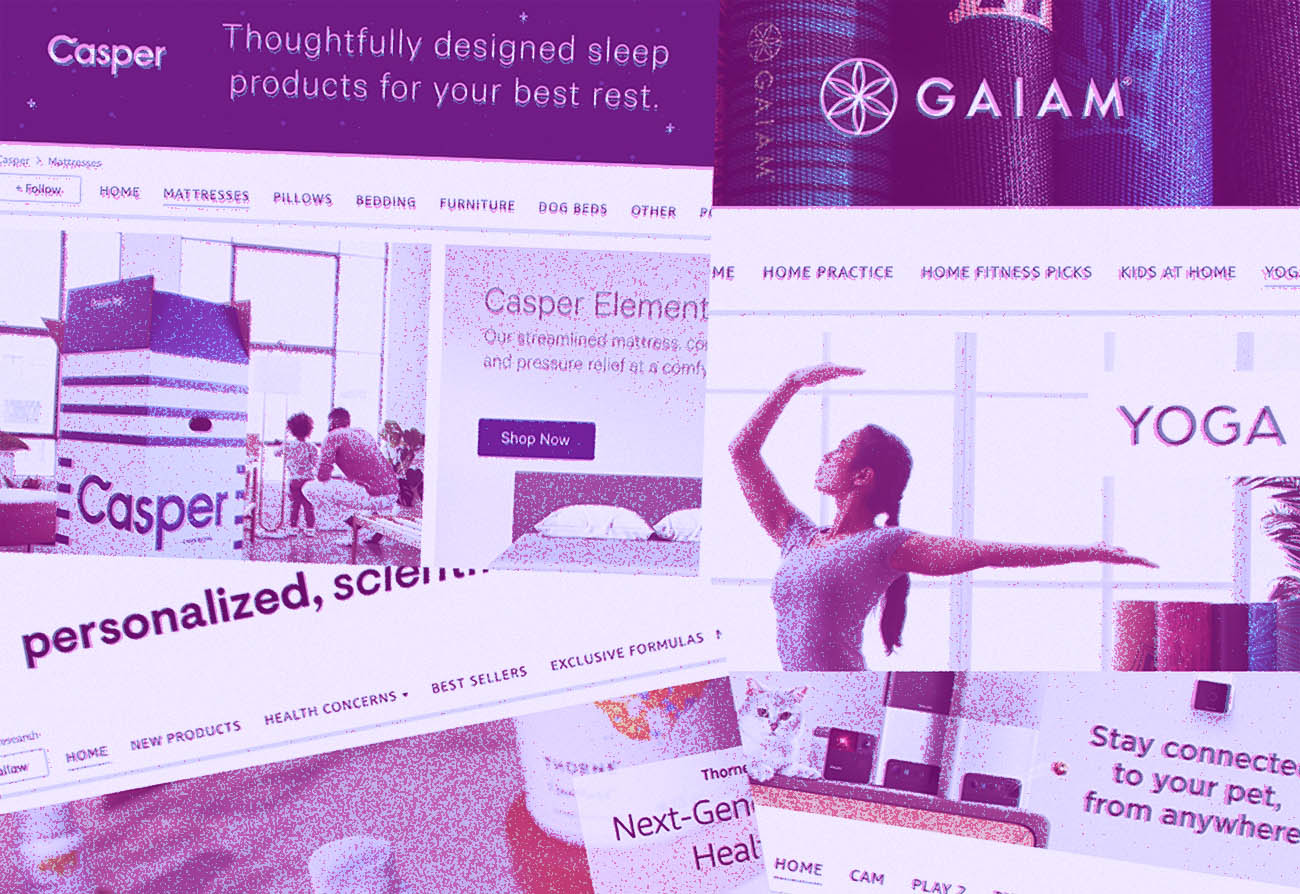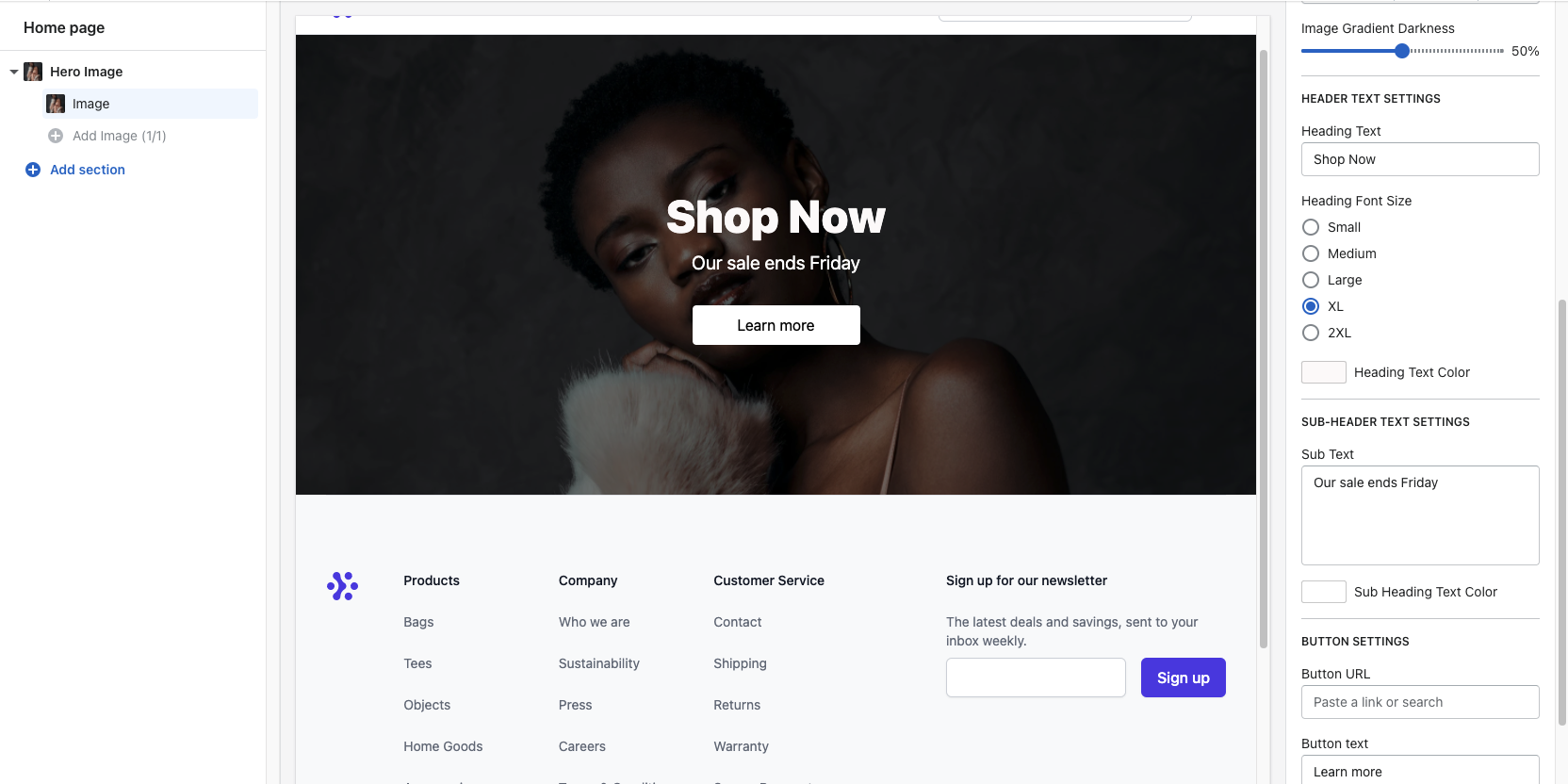Last Updated: 6/28/2021
Shopping on Amazon is just like window shopping. Amazon shoppers know that well-established and well-cared for stores are the ones with the highest quality products. So, how do you create an Amazon storefront that exudes quality, attracts buyers and converts well? Read on to find out.
What is Amazon A+ Content?
Content and designing your Amazon storefront
A+ Content (Formerly EBC, Enhanced Brand Content) gives sellers more options for showcasing their brand and products and is one of the most powerful tools for Professional sellers on Amazon. According to Amazon, sellers with effective A+ Content enjoy increased traffic and increased conversions between 5-10%!
Initially, A+ premium content was only available as a service for vendors on Vendor Central. A lighter version, called Amazon Enhanced Brand Content (EBC), was available to sellers who sold through Seller Central. Since late 2019, Amazon merged A+ Content and EBC under the name A+ Content and sunsetted EBC. In order to take advantage of Amazon A+ content for products that are part of your approved brand catalog, you must be:
A Professional Seller
Enrolled in Amazon Brand Registry 2.0
An “emerging brand owner,” currently working with managed selling programs such as Amazon Launchpad or Amazon Exclusives
A+ Content essentially gives you the power to make your Amazon storefront look more like your own website than a typical Amazon listing. With A+ content, you can customize your Amazon storefront with:
Modified description fields
High-res images
Text blocks/templates that include subheadings, paragraphs, bullet points, 3D renderings, etc.
Additional modules such as Comparison Charts, Single Image and Sidebar, Four Image Highlights, Single Image and Specs Detail, Single Image and Highlights and Image and Light Text Overlay
With a more visual storefront and tons of customization options, you have a greater opportunity to create an excellent first impression with shoppers, add brand personality, and sell to your customers with higher quality information.
How to create visuals for your Amazon storefront
Getting the visual aspects right of your storefront right is an important part of telling your brand’s story and cultivating an emotional connection with potential customers.
Good visual story telling means your Amazon page will display better, convert better and transform one-time buyers into brand loyalists who leave five-star reviews, share your brand with others, and keep returning to buy more.
Images. High-quality, professional photos are critical to a high-converting Amazon storefront. Make sure your images meet Amazon’s specs and follow the rules for A+ Content. More on that here.
Product Shots - Images must be at least 1500 x 1500 pixels. Use high-res product images with pure white backgrounds. Products should take up 85% of the frame. Focus on the product without any clutter or confusion, and showcase different angles of the product (if applicable)
Lifestyle Shots - Images that show your product in use help customers understand context and immediately answer questions about size of the product or how and why it would be used situationally.
Videos. Video is another visual content element to take advantage of in your Amazon storefront. Videos must be at least 1280 x 640 pixels and less than 100 MB, and they must not contain any links or references to external websites. Supported files include avi, mov, mpg, MPEG, m4a/v, and m4p. Use video to show your product in action and create context around how it can and should be used.
How to write copy for your Amazon storefront
The other crucial part of effective brand story-telling on your Amazon storefront is, of course, words. While your product listings will cover all the specs about each of your products, such as size, weight, dimensions, colors, etc., you may want to pull out some of these key details and strategically include them in different areas of your store.
Generally, though, storefront copy should be utilized to educate shoppers more about your brand , communicate your company ethos, and make an emotional connection. Some strategic questions to ask as you began to craft and structure your copy:
What problem is your product solving? How and why?
What makes your product unique/better than competitor products?
Does your product have special qualities or properties? Organic? Handmade? Cutting edge technology? Potential customers want to know why your brand and products stand out.
What do you want your brand to be known for?
Additionally, you can use these copy tricks to shorten your sales funnel and increase conversions:
Address product FAQs. Use text to address the most frequently asked questions, points of confusion and other hang-ups.
Communicate rarity / scarcity. Does a product line have limited inventory? Special editions or exotic traits?
Include CTAs (Calls to Action)
Include social proof. Use quotes from customers, influencers and the media about your brand or products.
Examples of well-designed Amazon storefronts
Check out these Amazon storefronts to draw inspiration from as your build your own.
Thorne
Like more well-established brands like Apple, Thorne uses lots of negative white space and minimalism to effectively convey modernity and freshness. Some eye-catching pops of color within some images add intrigue, but shoppers can primarily focus on large font text
Thorne effectively uses text modules to tell their brand story and educate the shoppers about why their product stands out
High-res, white background product shots are clean, clear professional
Athletic Greens
Athletic Greens effectively uses video, iconography and large font text to tell their brand story and how their products are made as well as articulate what sets their brand apart from other supplement products
Social proof is showcased through influencer content and quotes, as well as media bar.
Gaiam
Fitness brand Gaiam uses colorful, high-res fitness imagery and well-organized delightful and easy.
Gaiam’s effectively uses lifestyle images with CTA text overlays. The images are aspirational informational on their own, little text is required to direct shoppers.
Petcube
Petcube's video content shows product in action – important for an electronic device.
High-quality lifestyle imagery creates context; shoppers can get a sense of device size and how it might look in their home. Adorable pet content creates an emotional connection with buyers.
Casper
Casper's clear organization of products by category makes it easy for buyers to find what they’re looking for
Good mix of product and lifestyle imagery and videos creates context
Bold, contrasting colors make CTA buttons stand out
Branded iconography tells the brand story



